16 of the best-sounding vinyl records
Because your turntable deserves a treat as much as you do
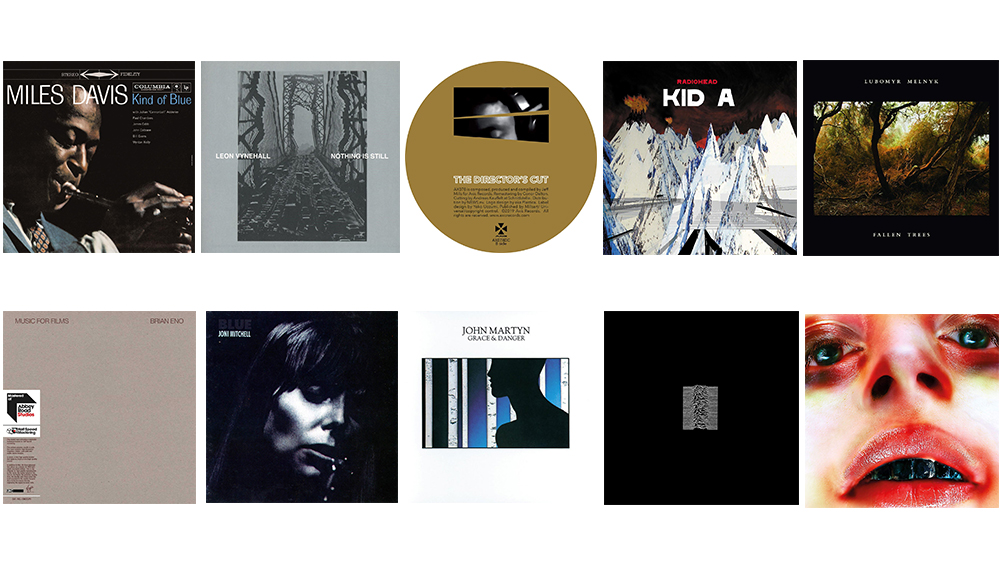
Vinyl isn't like CD or downloading a digital file, where identikit reproductions mean you're more or less certain to receive the music as intended. If not quite a lottery, there is a game of chance you play when buying your favourite music on a big black disc.
No two vinyl records are exactly the same, but deficiencies from mastering to press can also leave whole batches sounding sub-par, and in the gravest scenarios have you eschewing some of your otherwise favourite albums.
No doubt we all have some of those gathering dust in our collections, but likewise there are those records where the vinyl sounds so good we can't help but spin it nearly every time.
That's what this list, in celebration of Vinyl Week and Record Store Day, represents. It is by no means definitive, but if ever you've read a turntable review on What Hi-Fi? you can bet at least one of these twelve records will have been part of the test.
Kaytranada – 99.9% (2016)

Montreal-based producer Kaytranada released his debut album, 99.9%, to critical acclaim. It features an eclectic mix of guests to create a varied-yet-cohesive track list, ranging from dancefloor fillers with vocalists like Syd, to funky instrumental grooves with bands like BadBadNotGood.
Of all the producers and beatmakers to emerge in the last decade or so, few have such an instantly identifiable rhythmic flavour – his kick drums are always deep and punchy, the snare and percussion choices are crisp and snappy, and his synth-bass sounds are always satisfyingly resonant and rich in texture.
View 99.9% by Kaytranada on Amazon
The latest hi-fi, home cinema and tech news, reviews, buying advice and deals, direct to your inbox.
Lorde – Melodrama (2017)

Lorde's sophomore album is a coming-of-age triumph that incorporates racing beats and pulsing synths with introspective, vulnerable lyrics in an attempt to encapsulate the dizzying experience of transitioning into young adulthood.
Not only does it succeed in this mission, but it also becomes a seminal pop album in the process. Its masterful production and Lorde/Ella Yelich-O'Connor's enchanting vocals throughout seal the deal, as this dark yet equally melodic album is one for history books.
View Melodrama by Lorde on Amazon
Stevie Wonder – Innervisions (1973)
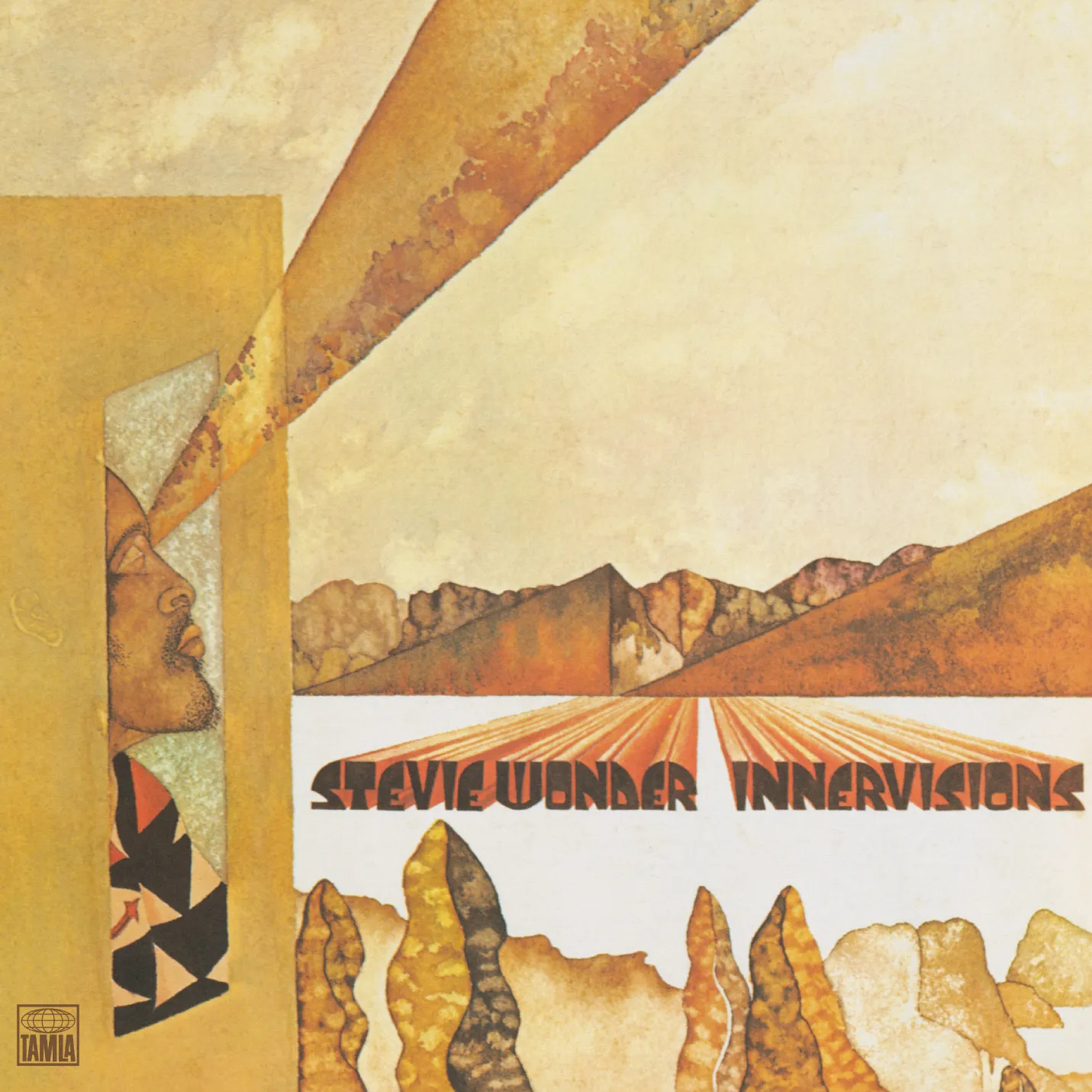
An innovative melting pot of funk, gospel and soul, Innervisions is a record whose production toes the line marvellously between precision and abandon with ballerina-like poise.
Innervision marks the point where Stevie's exploration of synthesizers and effects units, such as the Mu-Tron Envelope Filter, came into full swing, creating a unique and complex sonic palette across every song.
View Innervisions by Stevie Wonder on Amazon
Boards Of Canada – Tomorrow's Harvest (2013)
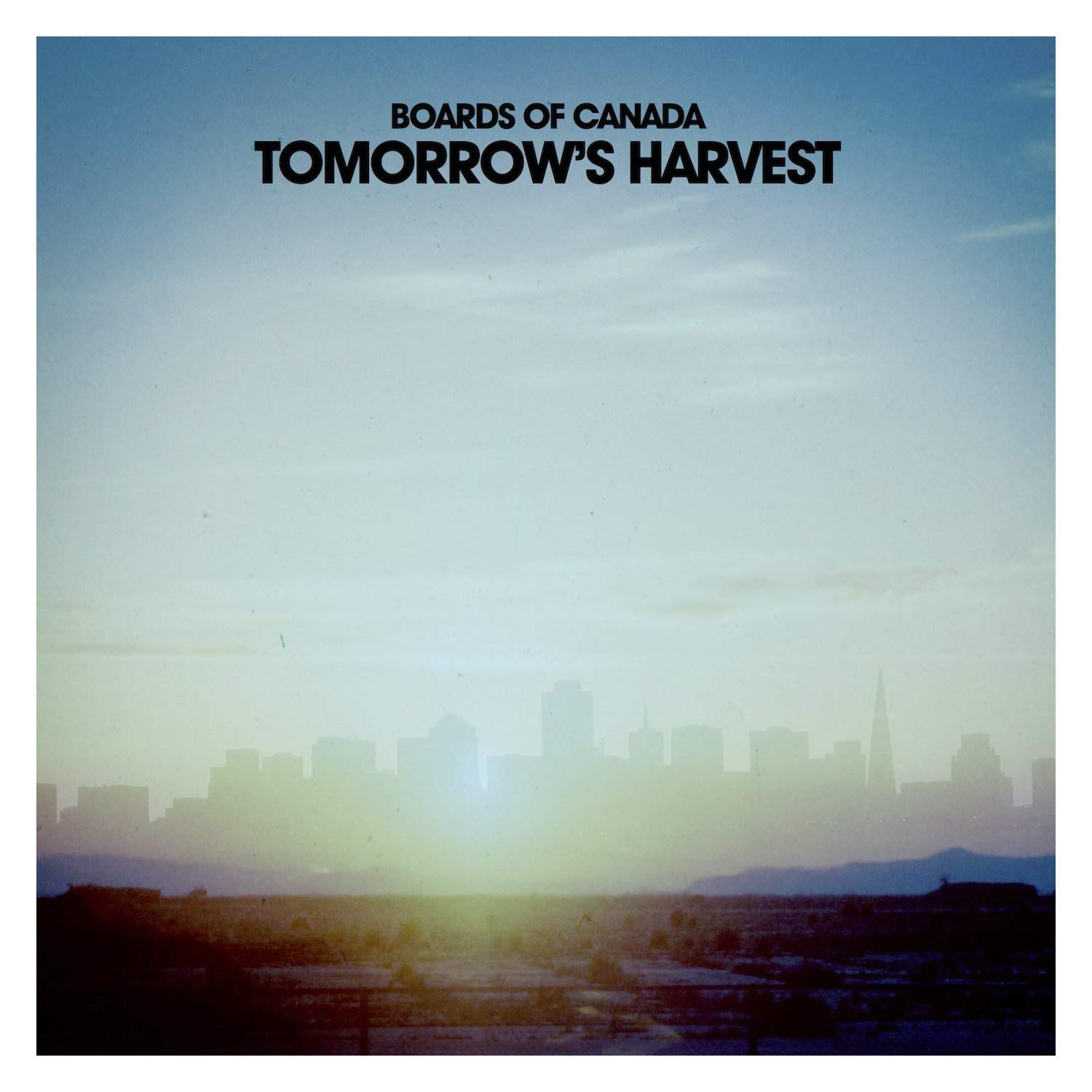
Boards Of Canada's blend of field recordings with ambient synth lines have inspired a hoard of software plug-in developers who seek to emulate their immediately recognisable signature sound.
Perhaps Tomorrow's Harvest isn't always the most accessible of records, even by the duo's standards, but it's an intriguing and affecting listen. Its undeniably pessimistic tone is matched by the song titles and the themes they cover, such as the inevitable end of civilisation.
View Tomorrow's Harvest by Boards of Canada on Amazon
Brian Eno – Music For Films (1978)
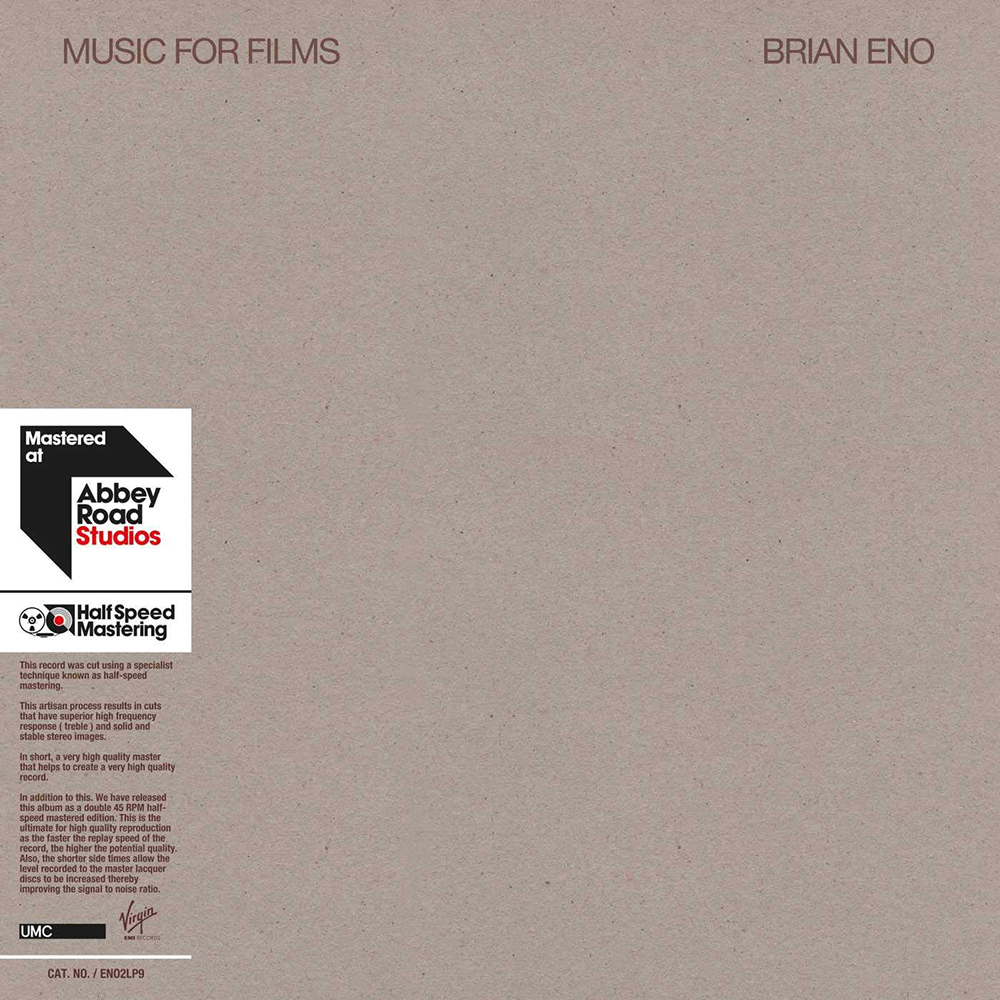
Miles Showell has produced a number of half-speed masters of Brian Eno's work at Abbey Road Studios, including seminal albums Another Green World, Here Come The Warm Jets and Ambient 1: Music For Airports.
The reason Music For Films makes it to this list though is precisely because we weren't totally enamoured with it before we heard Showell's half-speed version running at 45rpm; the sonic upturn in all from detail to dynamics, though admittedly often subtle, for us gave the music new dimension.
You can read all about half-speed mastering in our interview with Showell, here.
View Music For Films by Brian Eno on Amazon
Joy Division – Unknown Pleasures (1979)

It's a scary thing, replacing an over-played record with a brand new press, but doing so with Joy Division's Unknown Pleasures worked a treat for us.
It's an album that feels suited to the format – it was originally mastered for vinyl, after all – with the rolled off treble offering warmth to Bernard Sumner's often hauntingly sparse guitar lines and Ian Curtis's affecting vocal, and it still comes with the same textured cardboard sleeve.
View Unknown Pleasures by Joy Division on Amazon
Joni Mitchell – Blue (1971)
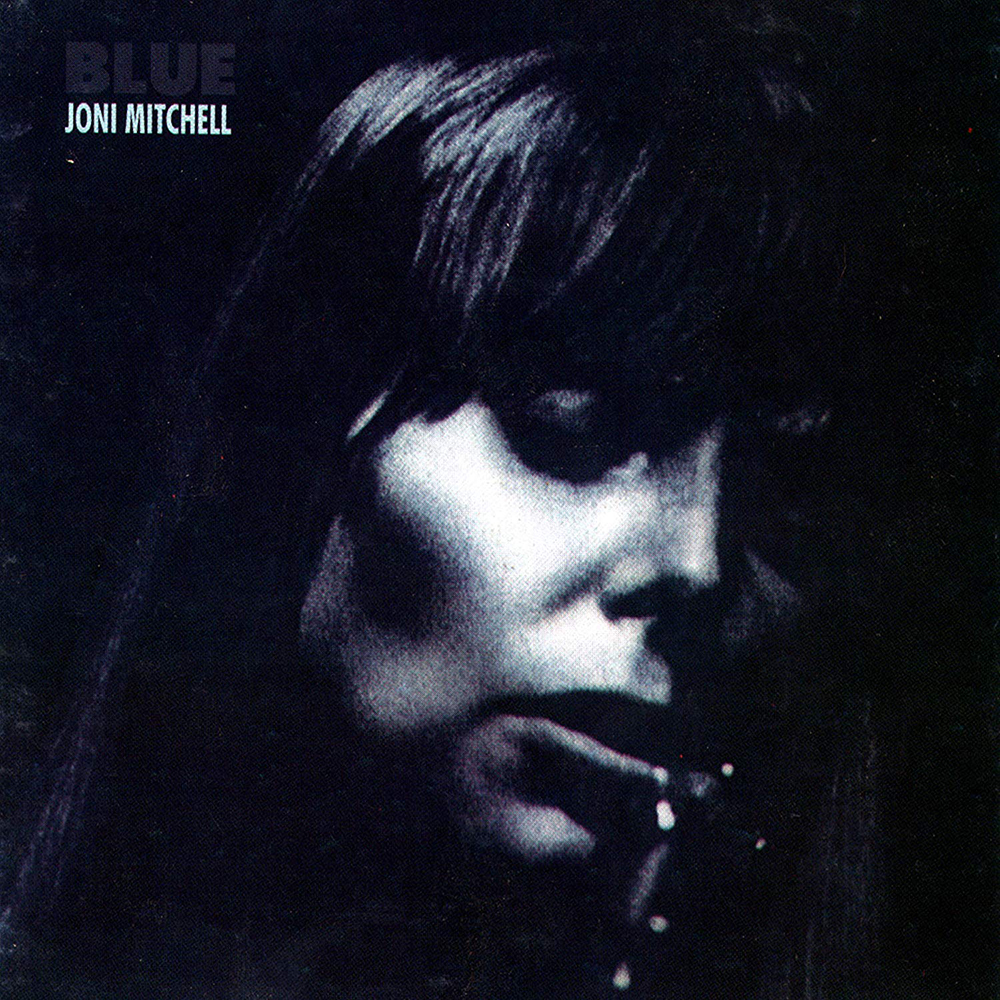
Joni Mitchell's Blue is as essential to a record collection as bread and milk are in your weekly shop.
We don't mean that vegans won't like it, but rather its intimate production desires a physical medium spinning as close to you as Mitchell's voice appears in the room.
Given the number of times this truly beautiful album must have been re-cut, it stands to reason by now pressings are pretty much as good as they can be. That certainly rings true for us.
View Blue by Joni Mitchell on Amazon
Jeff Mills – Director's Cut Chapter 1 (2019)
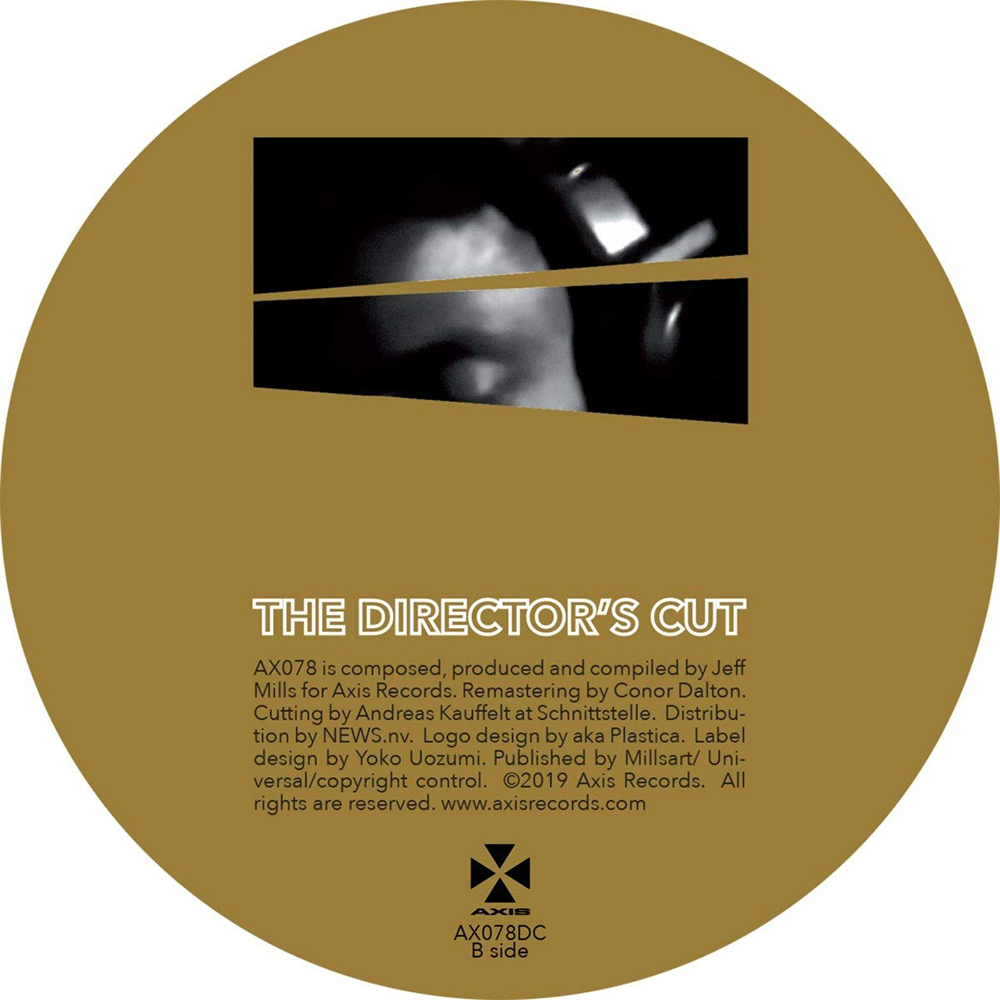
While the Godfather of techno's productions may have mellowed a touch his relentless approach to releasing records shows no signs of abating. Unconcerned by the fashions of the day, Jeff Mills' Axis label has been releasing a steady flow of minimal music on vinyl since 1992.
This release kick-starts The Director's Cut reissue project and forms part of the Axis Audiophile Series, so we're treated to four tracks of reissues and rarities given the level of attention you'd expect from a meticulous master of his craft. Gamma Player from the classic Humana EP (under his Millsart alias) is the warm and dreamy highlight, marrying tight, deep bass notes with crisp, hypnotic melodies.
View The Director's Cut Chapter 1 by Jeff Mills on Amazon
Miles Davis – Kind Of Blue (1959)
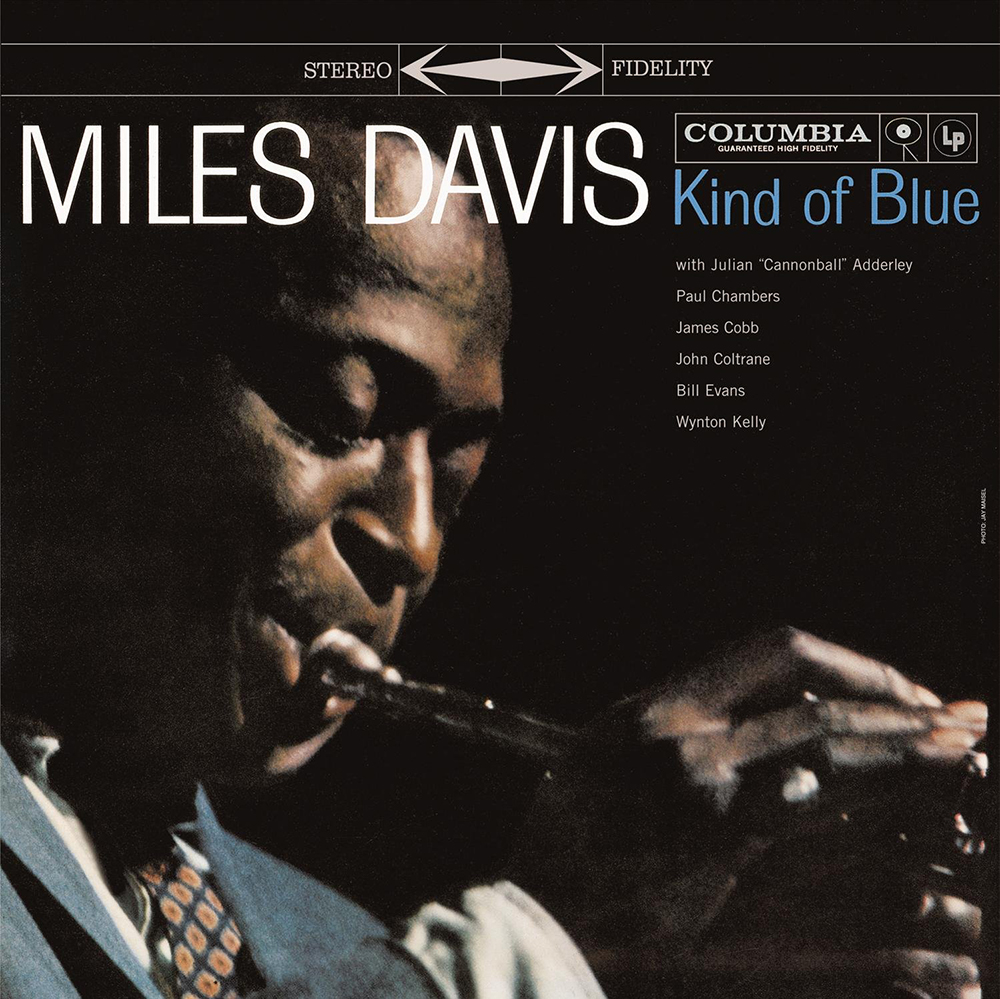
Kind Of Blue is one of those works that as good as defines its genre, and in many ways it feels peculiar to play it on anything other than vinyl.
We know of those who cherish their charity-shop-bought pressings for their cracks and hisses, which we can see might complement well the authenticity of the music. But so marvellous a suite deserves to be heard in its full glory, on a clean and well-mastered pressing; at that point it is virtually irresistible.
View Kind Of Blue by Miles Davis on Amazon
Radiohead – Kid A (2000)
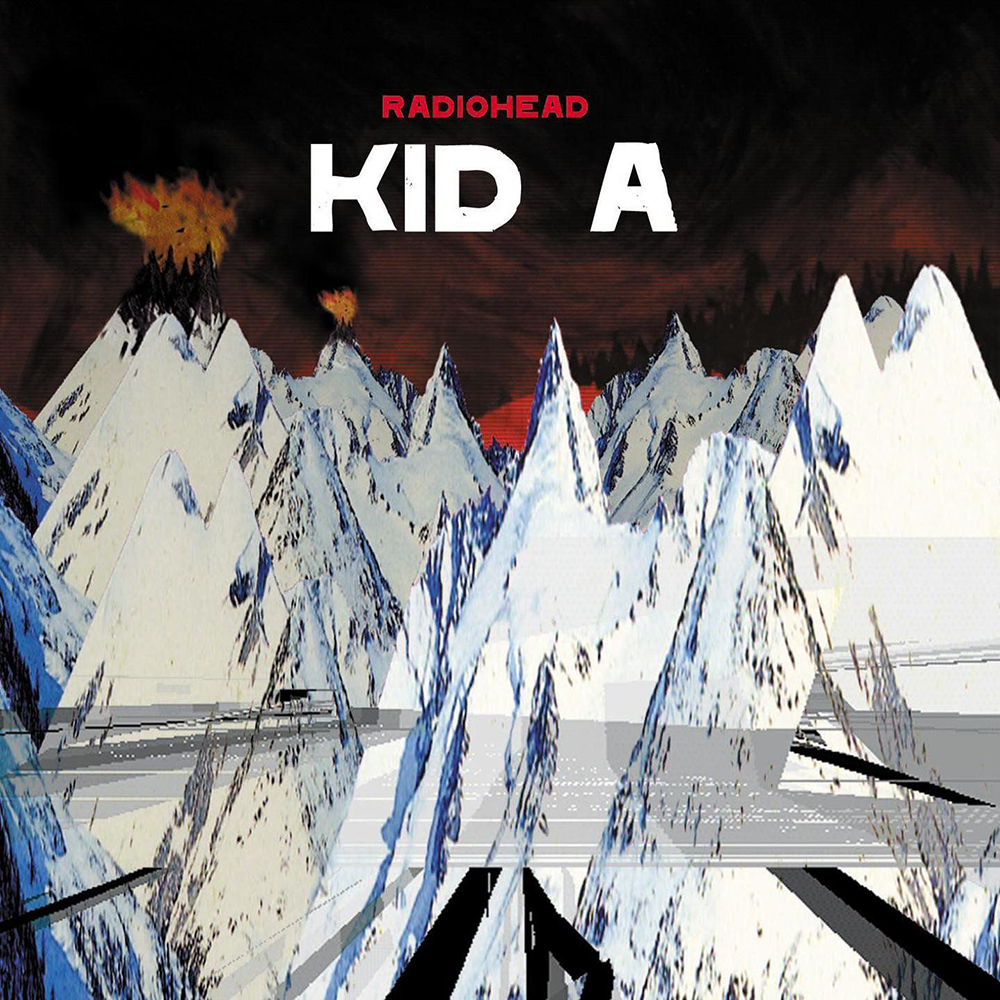
Don't be unnerved by Kid A's dimensions, you won't need a turntable that'll spin at 78rpm to play this double 10-inch record; whether it was made this way for aesthetic or simply due to Radiohead being willful, it's really just a 33 1/3rpm vinyl in fancy dress.
It does sound fantastic, though. There's a boldness to the sound that is strangely euphoric, despite the album's often subdued phrasing, and a luscious quality to electronic and acoustic instruments alike that creates a genuinely immersive soundscape.
View Kid A by Radiohead on Amazon
Lubomyr Melnyk – Fallen Trees (2018)
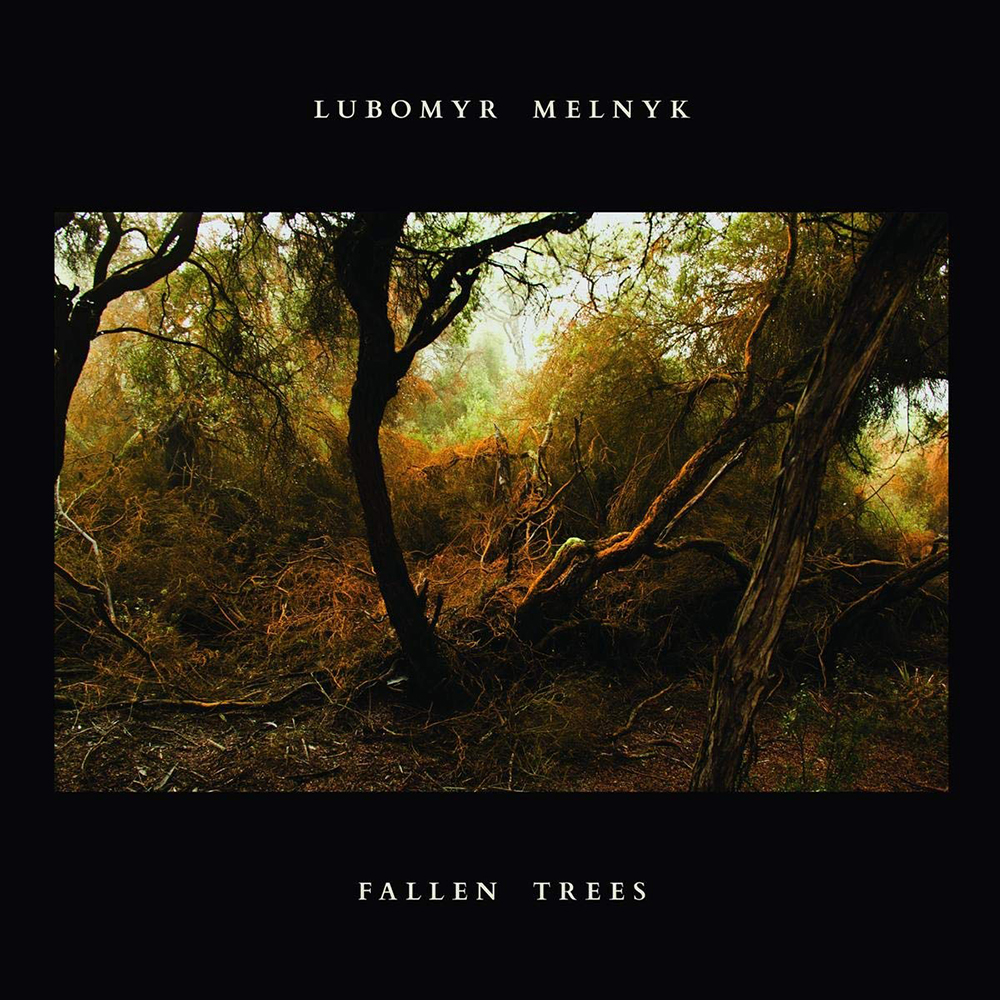
We've spoken before about the benefits of listening to Lubomyr Melnyk's works on vinyl.
Regardless of any sonic upturn, there is the implication that the effort you’ve made to place a record upon the platter prepares you for deep listening, but also the near hypnotic relationship between the pianist's continuous music and watching your record spin indefinitely that cannot be replicated.
Melnyk released Fallen Trees at the end of 2018, shortly before turning 70 years old, and it is proof that as a composer he is still well within his prime.
View Fallen Trees by Lubomyr Melnyk on Amazon
John Martyn – Grace & Danger (1980)
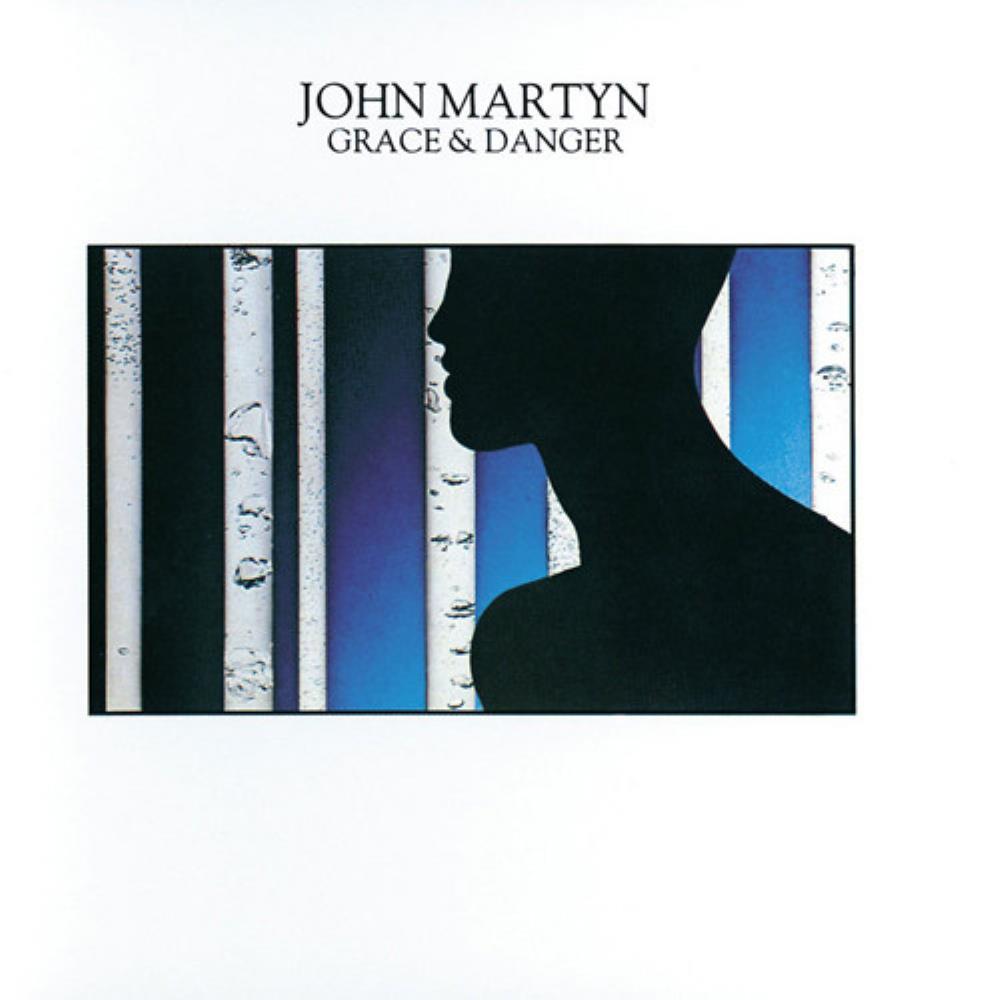
As we mentioned earlier, there are those records whose sonic pallets are tailor-made for the warmer, less clinical treatment of a vinyl cut. For us, John Martyn's Grace & Danger is one such body of work.
It is undoubtedly to do with his velveteen vocal draped stunningly over this nine-song set, but also in the rounded body of its accompaniment and the jagged edges he allows sometimes to cut through.
Listen to tracks such as Sweet Little Mystery and Hurt In Your Heart both digitally and then on vinyl and we're sure the former could never quite sate you again.
View Grace & Danger by John Martyn on Amazon
Arca – Arca (2017)

The argument that placing a record upon the platter helps prepare the mind for deeper listening is just as relevant when discussing Arca's self-titled album from 2017.
It is an intriguing sonic collage, finding the line where music and sound art meet, and often it feels as though you can hear the needle picking its grimy textures from between the grooves. Just make sure your system is well enough equipped for when Arca goes low.
Leon Vynehall – Nothing Is Still (2018)
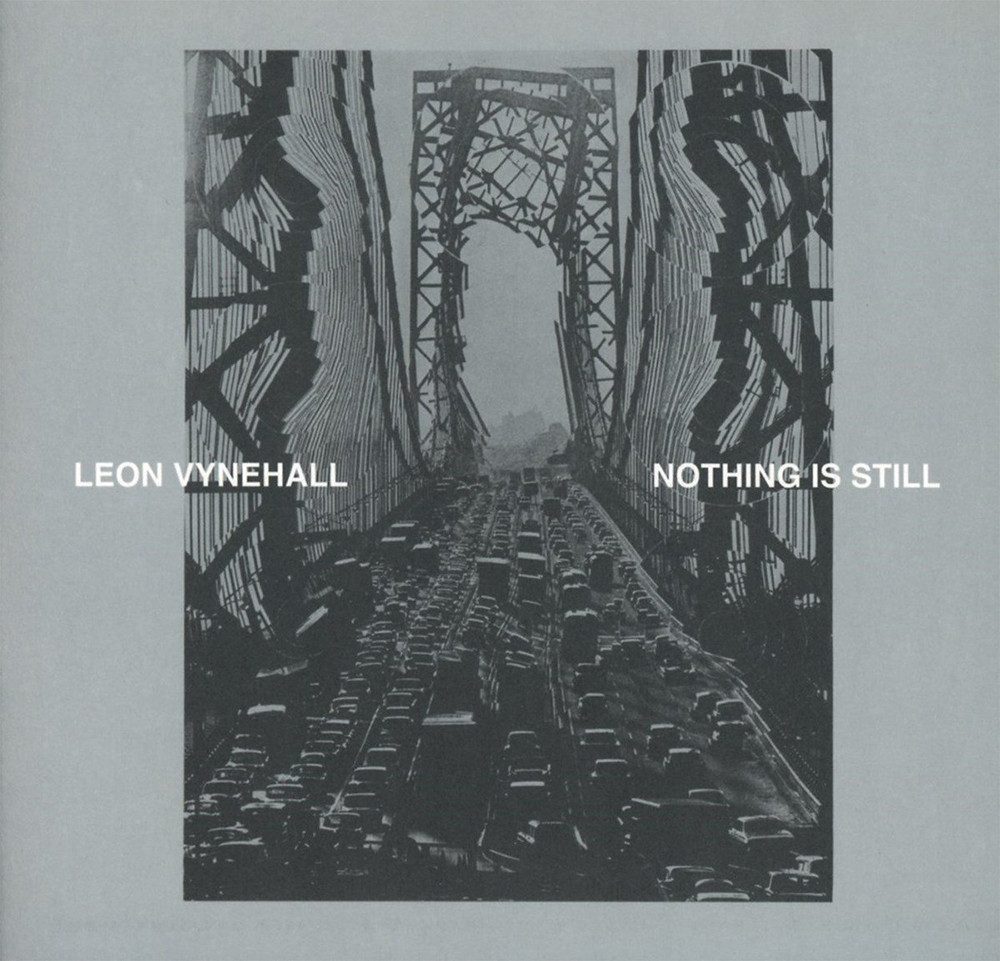
Strange, Leon Vynehall's name springing to mind when compiling this list; his inclusion, though, is about more than some half-baked homonym.
This album, released in 2018, was somewhat a departure from much of his previous house music output, and a generally more laid-back affair. Combining effusive string sections with textured synths, field recordings and subtle beats, Nothing Is Still makes the most of vinyl's full body and fills it with delectable variety of sonic elements.
View Nothing Is Still by Leon Vynehall on Amazon
The Beatles – Let It Be (2021 Mix)
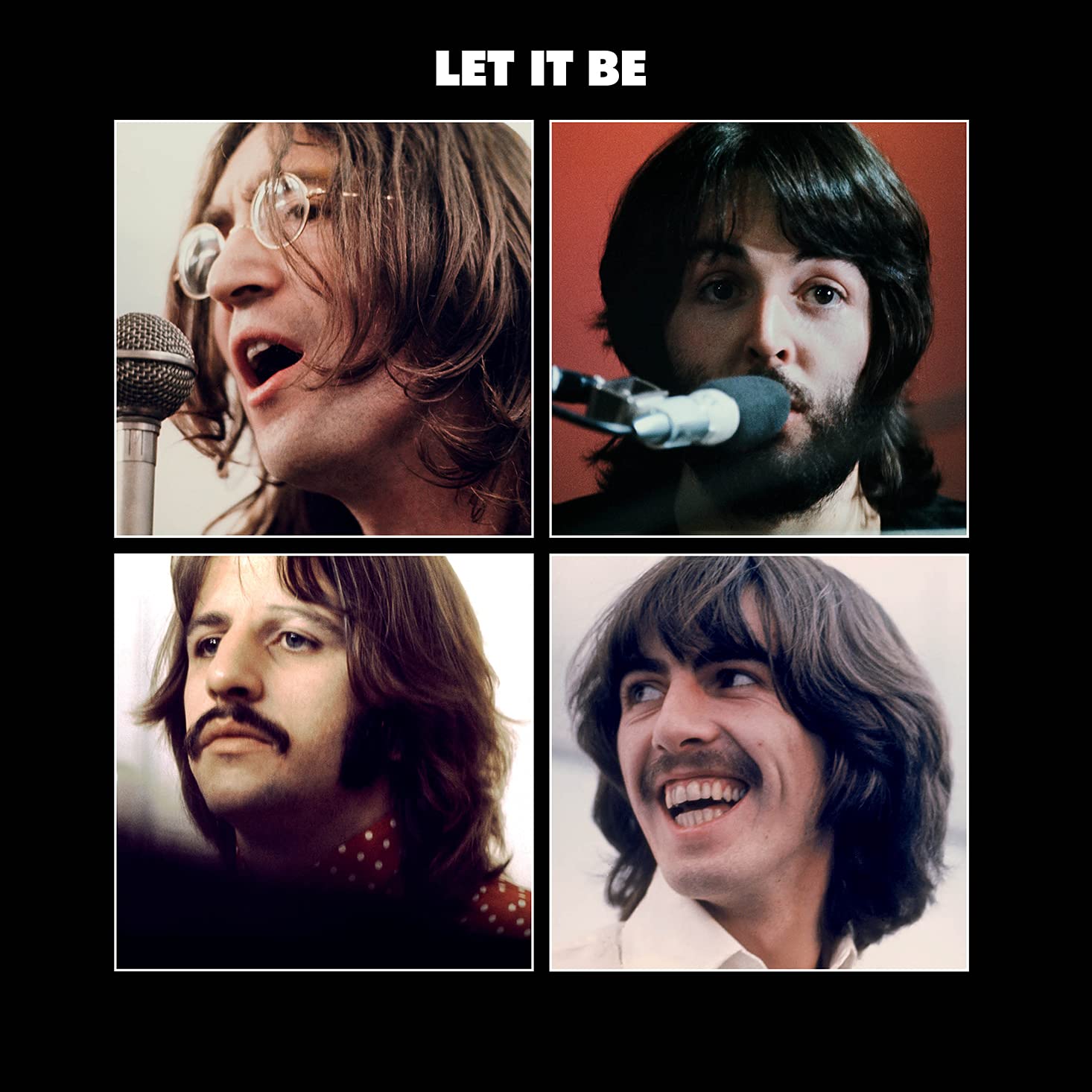
Let It Be has over a half-century of reworks, remixes, and new pressings, but in 2021 Giles Martin and Sam Okell got back to the studio to create a truly modern mix of the classic record, bringing an unrivaled sense of clarity, texture, and separation to the recordings.
However modern, though, the music of The Beatles was very much intended to be played on vinyl, and when you place that heavyweight 180gm LP on your table, the crispness and detail of the 2021 mix elegantly marry the bright, lush warmth of a vinyl cut.
A standout track of the 2021 mix, Across The Universe, is almost completely new with how clean and spacious it sounds, and claws back a lot of the more distorted, low-fi charm of the track’s earlier mixes.
View Let It Be by The Beatles on Amazon
Charles Dutoit and Montreal Symphony Orchestra – Gustav Holst's The Planets (1987)

There's no lack of choice when it comes to recordings and presses of Gustav Holst's timeless orchestral incarnation of each planet's astrological associations, and yet the Dutoit and Orchestre Symphonique De Montreal is the one collectors should do their utmost to seek out (and, er, save for).
As flawlessly recorded as it is played, it's an impeccably precise rendition of the musical masterpiece, full of the depth and dynamic interest that makes it such a potently emotional powerhouse. The hollow hall acoustics of the St-Eustache Church in which the orchestra was recorded wonderfully exploits the sheer power (especially in Mars) and the warmth and lifting woodwinds (particularly in Jupiter) of the composition, too.
MORE:
From voice to vinyl: how records get their groove
14 of the best vinyl documentaries to buy, rent or watch for free
How to store records: 9 tips for keeping your vinyl tip-top
The What Hi-Fi? team on the first vinyl records they ever bought
Ainsley Walker is a staff writer at What Hi-Fi?. He studied music journalism at university before working in a variety of roles including as a freelance journalist and teacher. Growing up in a family of hi-fi enthusiasts naturally influenced his interest in the topic. Outside of work, Ainsley can be found producing music, tinkering with retro tech, or cheering on Luton Town.
